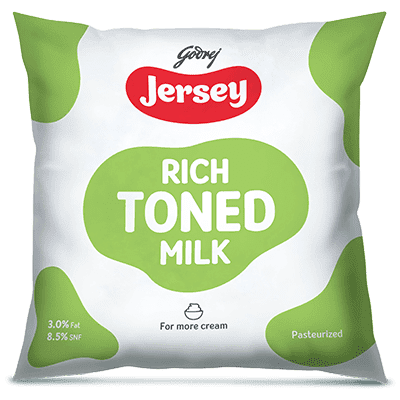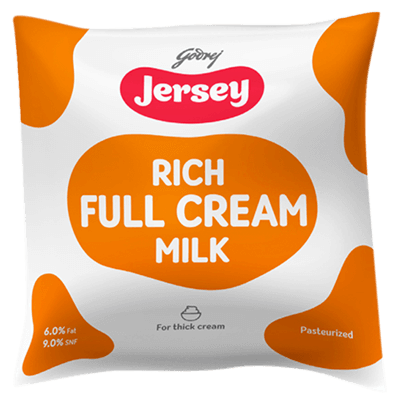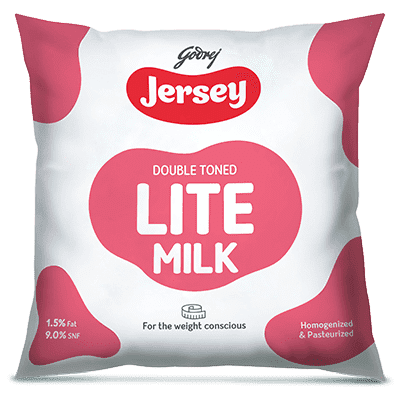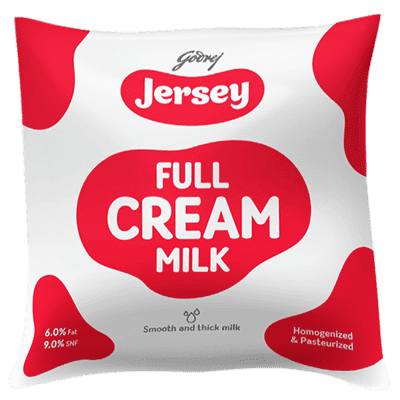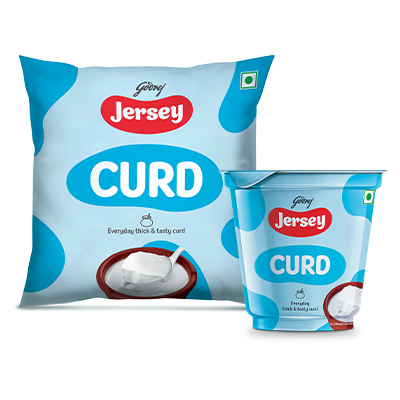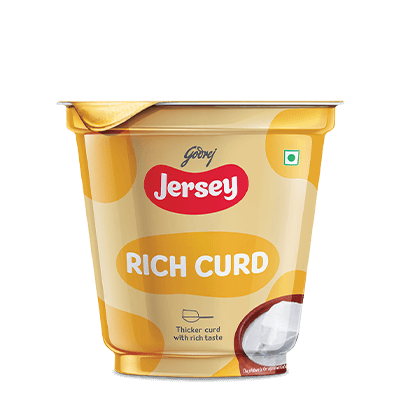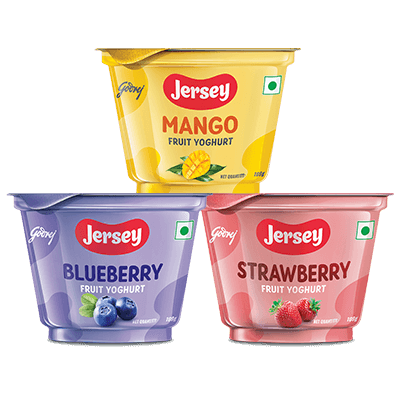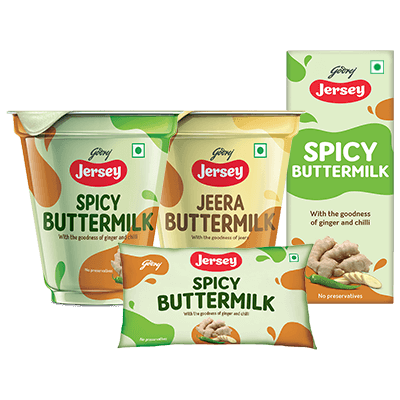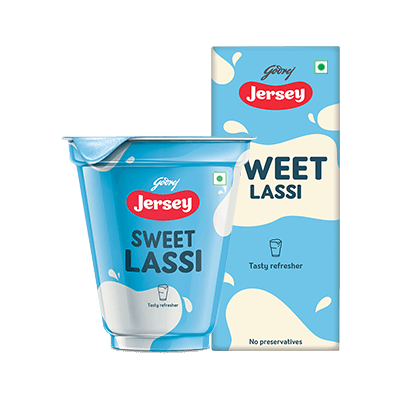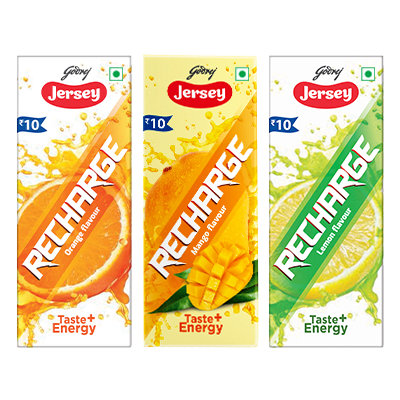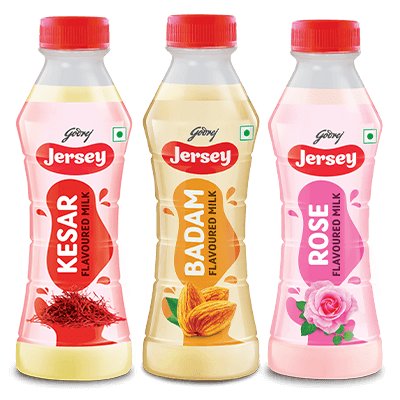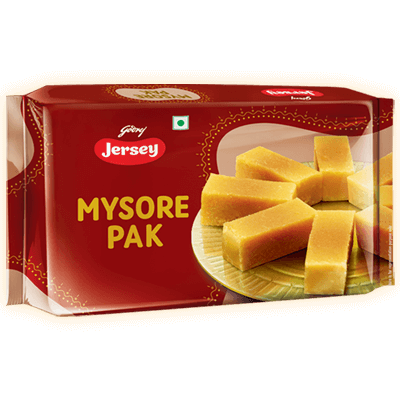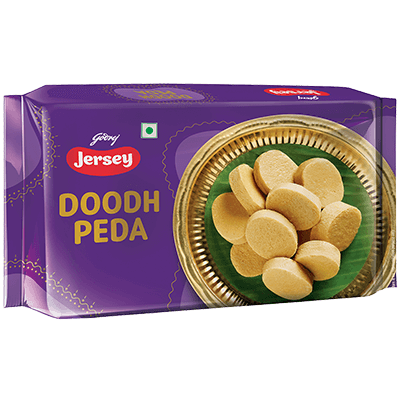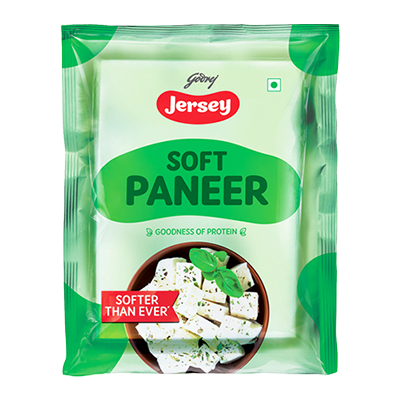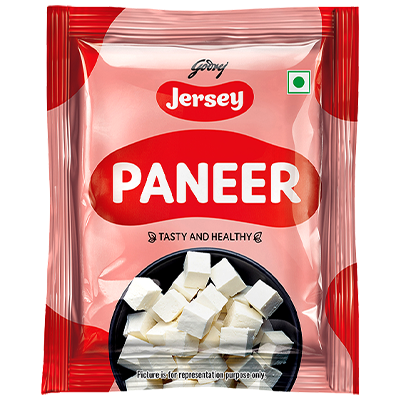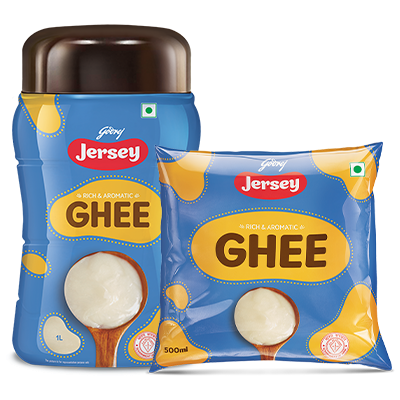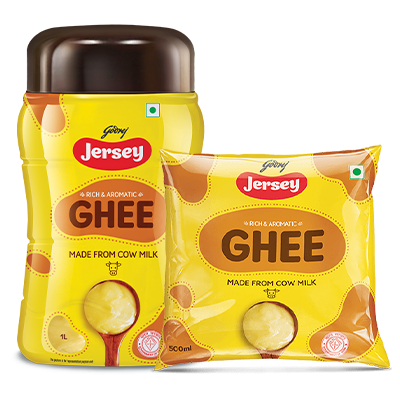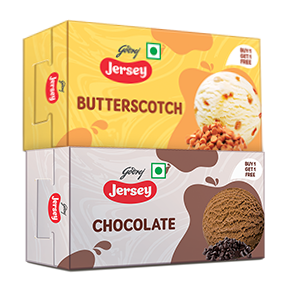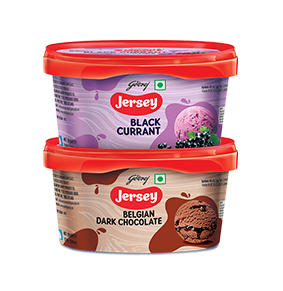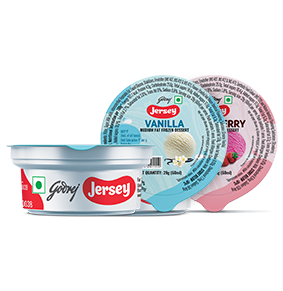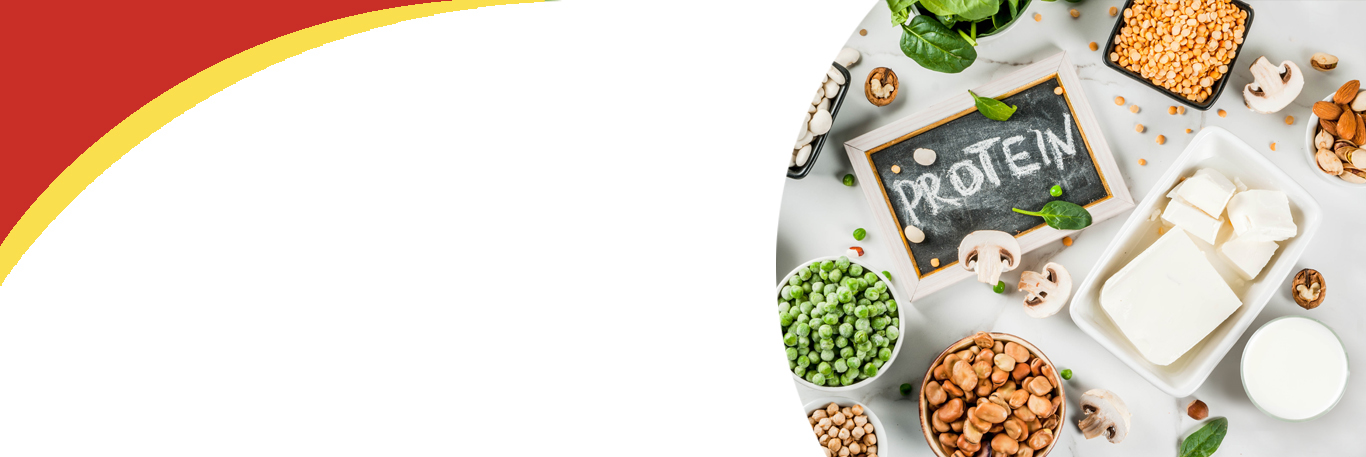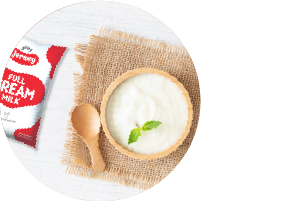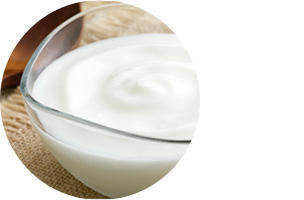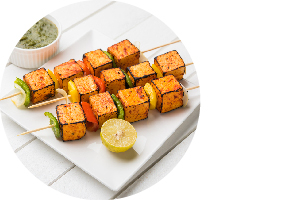Did you know that 84% Indians suffer from protein deficiency? The Indian Dietetic Association (IDA) recently claimed that vegetarian diets in the country are 84% protein deficient, mainly due to lack of awareness among the public.
What does protein do for the body? Our hair and nails are mostly made of protein. In fact, our body uses it to build and repair tissues. It’s also essential for our body to build strong bones, muscles, cartilage, skin and blood. Hence, protein deficiency causes slow metabolism, low immunity, joint pains, muscle pains, hair fall and brittle nails. Some of the other protein deficiency symptoms are mood swings, low energy, fatigue, stunted growth among children, kidney malfunction and even anaemia.
Although protein deficiency is mainly found among vegans and vegetarians, even meat eaters can run into issues when it comes to incorporating the right amount of protein in the diet. Statistics revealed that 93% of the Indian population is unaware of the optimum daily protein requirement needed for our body.
One also needs to be wary of various myths attached to the consumption of protein:
• Only body builders require protein
• Have to cut back on protein to lose weight
• Too much protein causes kidney disease
• Protein comes in the form of supplements
• Protein causes gastric problems
• Eliminating dairy products can lead to fat loss
Irrespective of the lifestyle and physical activity, our body requires 0.8 grams of protein per kilogram of body weight. As the Indian diet is super dependent on rice and wheat, it is recommended that vegetarians consume more protein-rich foods consciously to balance their diet. It is said that 25% of the plate should comprise of protein in all our major meals of the day.
Here are some of the suggestions for including vegetarian sources of protein in the daily diet:
• Adding a glass of milk next to the breakfast plate or bowl is one delicious way to add high-quality protein to the morning meals.
• Yogurt and paneer also make for protein-rich foods.
• Including a paneer dish as part of the daily meal can help manage the minimum protein intake required for the day. Get inspired by our paneer recipes by clicking on the 'Recipe Book' on the following link: https://www.godrejjersey.com/en/community
• One cup of nuts provides 8 grams of protein. Including these as part of the breakfast can ensure a great start to the day.
• Further optimize the protein intake by rotating whole grain cereal and millet in the daily diet.
• Apart from pulses, green peas, soybean, sprouts, kidney beans, whey powder are also a great source of protein.



